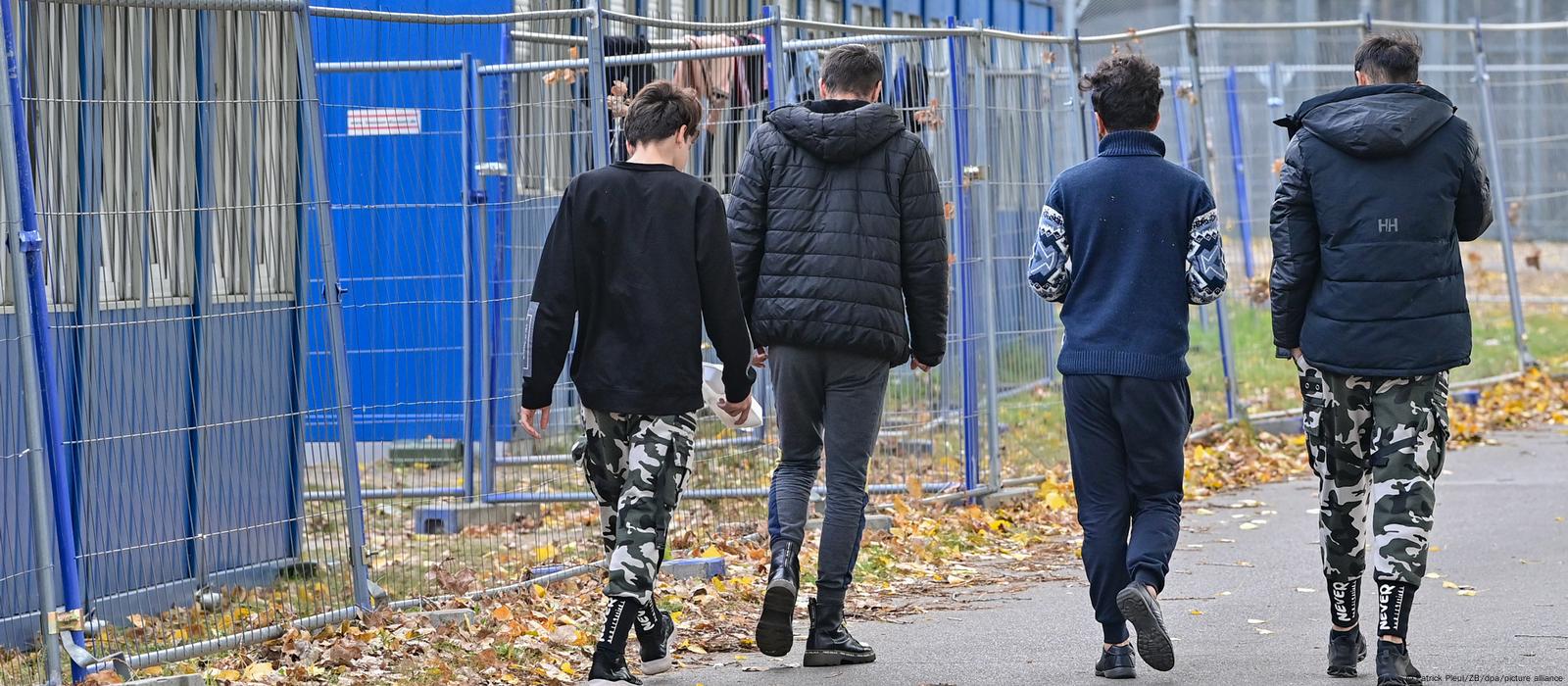Authorities frequently resort to deporting rejected asylum seekers by private jets. The Neue Osnabrücker Zeitung newspaper reported on a case in 2023 where the deportation of an asylum seeker from Niger cost over 120,000 euros. The man, who was deported to Niger, had served a five-year prison sentence for raping a nine-year-old girl.
Saxony’s Interior Ministry has been unsuccessful in deporting the man since 2019 due to the lack of travel documents. In 2022, Niger issued travel documents for the man, but they were only valid for a single day and a specific flight. As a result, the authorities opted to use a private jet to deport the man in order to avoid any potential complications, such as flight cancellations.
According to the report, authorities carried out 15 deportations using private planes during 2023. In certain cases, one plane could accommodate up to 40 people. However, 41 individuals were deported via chartered planes, with the majority being sent to Turkey.
In 2023, authorities deported 16,430 people from Germany to their countries of origin, marking a 27 percent increase compared to 2022. However, these numbers remain lower than in previous years, particularly from 2015 to 2019. Most deportations were conducted by aircraft, with some carried out by land. Each year, approximately 20,000 people are deported from Germany.
On the other hand, the left has criticized the deportations in North Rhine-Westphalia. They argue that these deportations are a result of far-right rhetoric and the government’s desire to increase the number of deportations. This can be seen in Schulz’s statement, “We finally have to deport people on a large scale.” Furthermore, major newspapers have welcomed these deportations without considering the individual cases of asylum seekers who are being deported. According to Sebastian Rose, spokesperson for “Deportation Reporting,” deportation practices over the past three years have been deemed inhumane and have involved the denial of rights. This is supported by the statements made by Sebastian Rose.
According to Dorothee Frings, a member of the Advisory Board for Deportation Reporting, deportations have negative effects on the rights of refugees. They also cause harm to families, children, and asylum seekers who are engaged in training or employment, such as nurses, sick individuals, and pregnant women. In addition, people who were born in Germany have also been subjected to deportation. Furthermore, pre-deportation detention has been extensively used.
Sebastian Rose described deportations as a long-standing structural practice rooted in a hardline deportation policy. This policy often leads to people being deported to dangerous areas, such as Christians or transgender individuals being sent to countries like Egypt and Mauritania, where they face significant risks.





